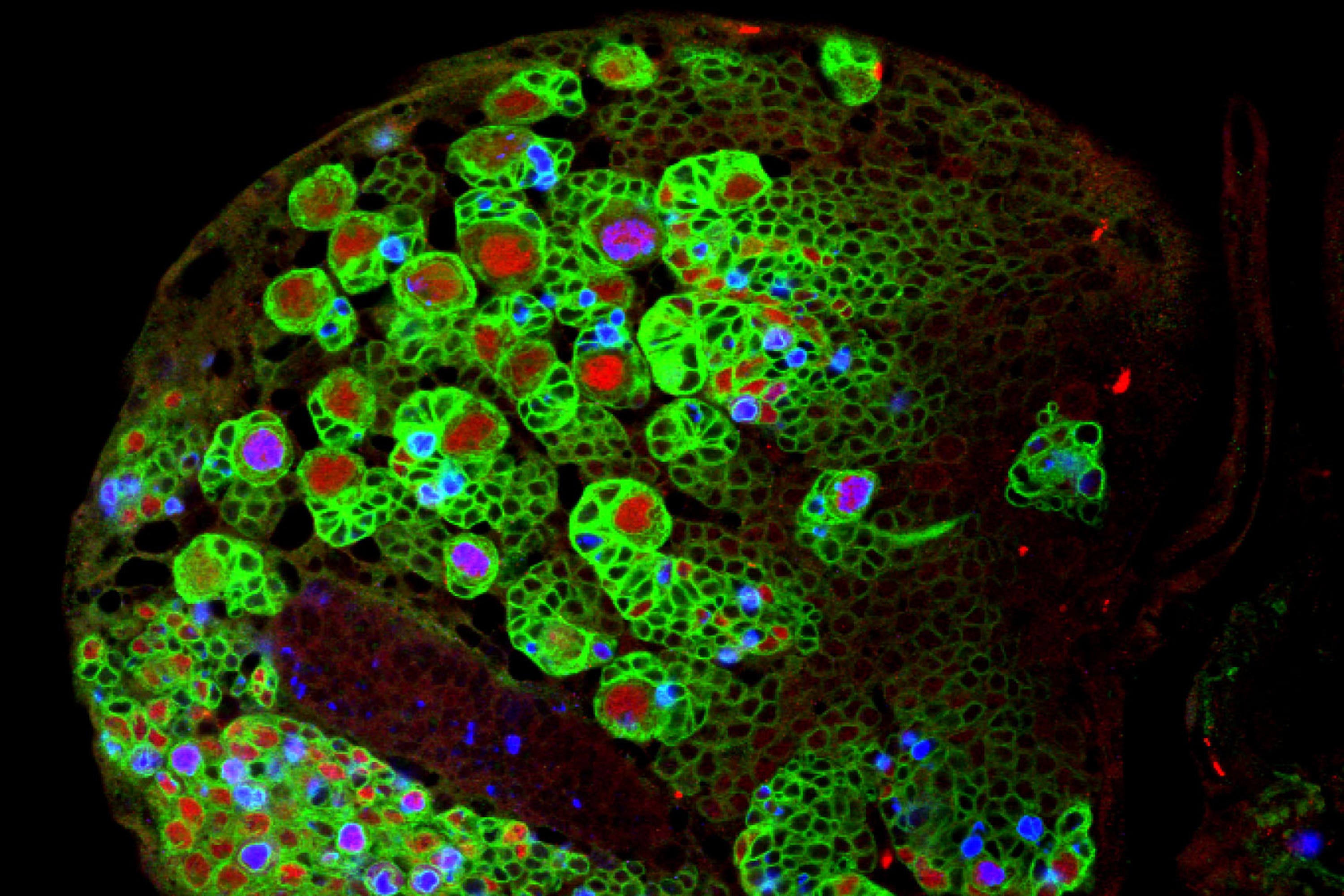Fruit flies could help scientists stop the growth of brain tumours
Glioblastomas have a poor survival rate and grow quickly, invading and destroying healthy tissue.

Your support helps us to tell the story
From reproductive rights to climate change to Big Tech, The Independent is on the ground when the story is developing. Whether it's investigating the financials of Elon Musk's pro-Trump PAC or producing our latest documentary, 'The A Word', which shines a light on the American women fighting for reproductive rights, we know how important it is to parse out the facts from the messaging.
At such a critical moment in US history, we need reporters on the ground. Your donation allows us to keep sending journalists to speak to both sides of the story.
The Independent is trusted by Americans across the entire political spectrum. And unlike many other quality news outlets, we choose not to lock Americans out of our reporting and analysis with paywalls. We believe quality journalism should be available to everyone, paid for by those who can afford it.
Your support makes all the difference.Scientists believe fruit flies could help them stop the growth of brain tumours.
Experts at the Brain Tumour Research Centre of Excellence at the University of Plymouth have been able to identify and examine cells at the very first stages of growth by using the fruit fly Drosophila as a model.
Their work is helping further the understanding of glioma tumours, which include high-grade types such as glioblastoma.
Glioblastoma has a poor survival rate and tumours grow quickly, invading and destroying healthy tissue.
They can happen at any age but tend to occur more often in older adults.
Symptoms include headaches that keep getting worse, nausea and vomiting, blurred or double vision, and seizures.
Dr Claudia Barros, who led new research published in EMBO Reports, said her team had uncovered “readying” processes which could be vital for helping tumours form and grow.
She said: “The research contributes to understanding of how brain tumours could form and has opened up avenues of research to find new potential drug targets towards novel therapies for patients with glioma tumours.
“Using the fruit fly Drosophila as a model, we have been able to identify and examine cells at the very initial stages of brain tumour formation inside the brain.
“These cells have most striking differences in their metabolic and protein balance landscape compared to normal cells.”
Dr Karen Noble, director of research, policy and innovation at the Brain Tumour Research charity, said: “There is much work still to be done, but these early findings are significant because, with more investigation, it could help us develop new treatments which will target tumour cells more effectively and so improve outcomes for patients.”
Sam Suriakumar, a self-employed recruitment consultant and part-time musician from south-west London, was diagnosed with a low-grade glioma after suffering seizures.
The 38-year-old’s tumour was being monitored but a scan last July showed it had grown.
He is now undergoing chemotherapy, having already had surgery and radiotherapy.
The father-of-two said: “It’s amazing to think that something as little as a fruit fly could help improve our understanding of tumours like mine and how best to treat them.
“It’s really exciting news and serves as an important reminder of the need for greater investment in research to help get us to our goal of finding a cure sooner.”